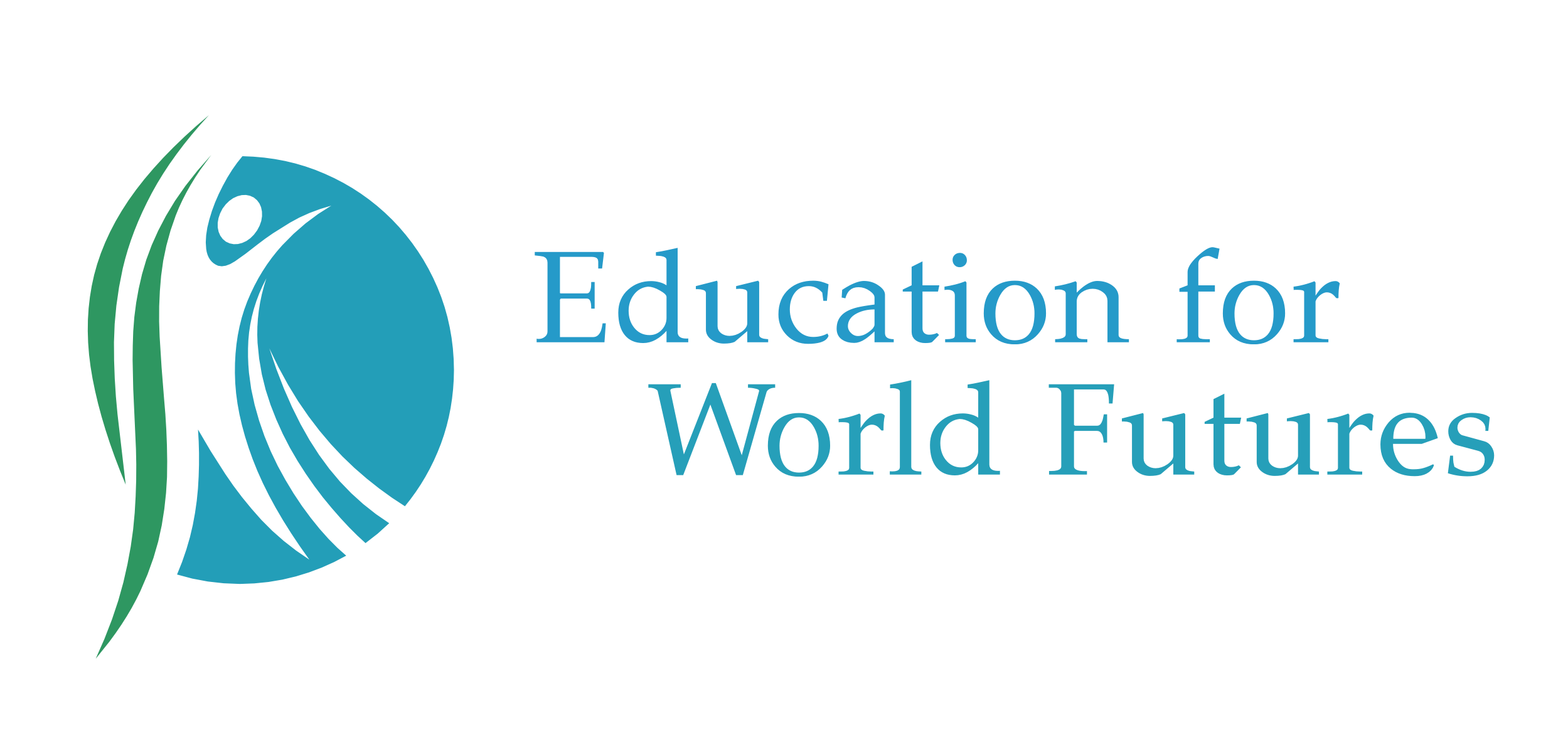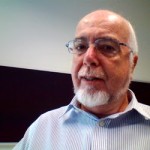Inaugural Education Futures – Great Southern Conference
13/14 October 2013, Albany Entertainment Centre, ALBANY WA
For full details , registration and to express interest in presenting a workshop a see the Conference website.
EWF is about educating people for the future. A most critical and important group are school students. These are the ones who will bring about the necessary changes to ensure the best possible human and world futures for themselves and for their children. There are many signs that schools at both primary and secondary level are indeed already embracing teaching in sustainability and human well-being. This has come about through committed teachers and through the natural interest of our youth. There are also signs that government and teaching authorities are recognizing the need for such education. The ACARA (Australian Curriculum and Reporting Authority) is incorporating some of these elements into normal practice.
EWF would like to promote these excellent initiatives through providing a forum for staff and student interaction, an area of news updates in future studies and provide a place where resources and other support materials can be collaboratively developed and shared. It will also facilitate research into promoting futures studies in schools. We welcome your participation in this section and particularly any ideas you have in its development.
Current Research Projects
Proposed Study: University and School Collaborative Practice: Current Levels of Teacher Awareness, Interest and Implementation of Futures Education in Secondary Schools.
Mark Paynter
IHS Tutor, PhD Candidate
The 21st century poses major challenges for human society and other world systems with which our society is interdependent. There is clearly a pressing need to prepare our young people through futures oriented education to meet these challenges, overcome problems arising and benefit from opportunities presented. This has been advocated by a number of experts in the futures study field: Hicks (2004), Slaughter (2004), Gidley and Hampson (2005). However, it also evident in their writing, that to date there has been little progress in developing and implementing appropriate futures oriented curricula in schools.
The Australian Curriculum and Reporting Authority (ACARA) is developing a national school curriculum and elements of a futures orientation have been incorporated. This represents an important new opportunity to prepare students for the future and is the basis for the present study. ACARA identified world-wide changes occurring over the past decade that include global integration and international mobility; complex environmental, social and economic pressures, requiring countries to work together in new ways and the need to approach problem solving in new and creative ways. In responding to these global changes ACARA states that “we will require students to: – have a sense of optimism about their lives and the future — be enterprising, show initiative and use their creative abilities; act with moral and ethical integrity; work for the common good, in particular sustaining and improving natural and social environments; be responsible global and local citizens”(Australian Curriculum Assessment and Reporting Authority, 2011). To support these goals, a number of general capabilities and cross-curriculum priorities are included in the Australian Curriculum.
The adoption of the Australian Curriculum with these components included, is an important step in formal recognition of a futures orientation in schools. Little is known about current teacher understandings, interest and practice; or the curriculum support required for a futures orientation. A study in 2011 by the Centre for Integrated Human Studies (Paynter and Bruce, 2012) did however identify a relationship between teacher views about world futures and the likelihood of students achieving specific understandings. The proposed study aims to explore the views of secondary teachers about world futures in greater depth. As a consequence of this research specific professional support will be developed in collaboration with the University of Western Australia to increase the capacity of teachers to implement the futures education.
The specific objectives of are to gauge the extent that teachers are currently future oriented and their interest in further developing this perspective; assess teachers’ views on what other areas of a futures orientation could be developed and incorporated into the curriculum; assess the level of use and suitability of the curriculum resources and support currently available as well as to develop collaborative practices to support schools and teachers to implement the futures orientation of the Australian Curriculum.
We invite posts and comments on initiatives, curricula development, support materials and projects in the general areas of education for human and world futures.

